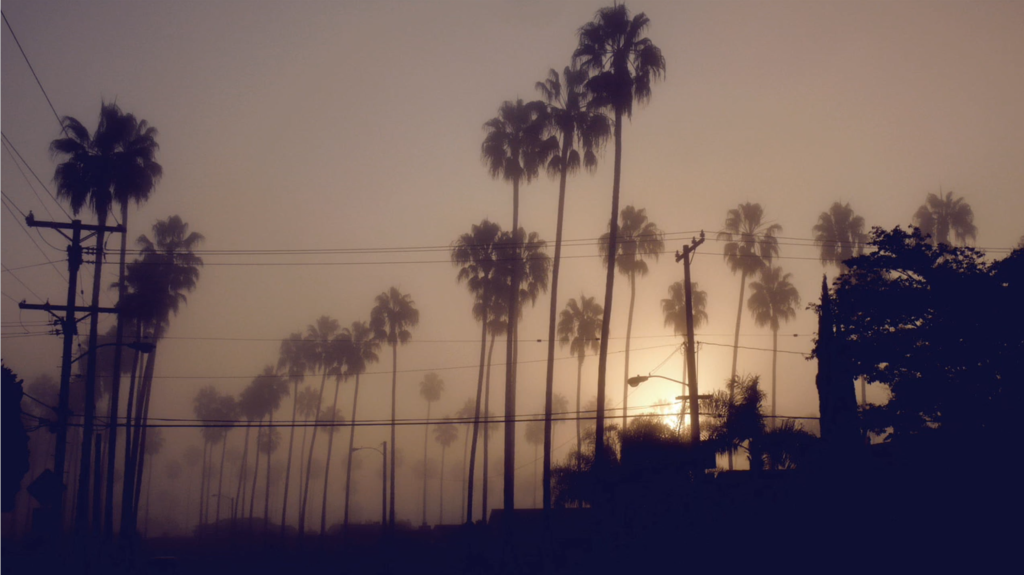What are the connections between contemporary art, architecture, and public space? How can buildings, the law, mode of production and the circulation of goods and services become infrastructures of and in art? How have artists engaged with such questions, and how have such questions appeared in the history of art? These are some of the propositions guiding Artistic Practice One, which will take place online this semester.
In Infrastructures of Unlearning: Investigating the Futures Past, students will work with course convenors to address and explore a range of artistic practices and concepts within the framework of the IZK semester-theme: unlearning. While the course pivots around the concept and practice of unlearning, attention will be given to practices that challenge the Euro-centric canon. In particular, students will explore how conceptual art and institutional critique have taken up the legacy of slavery and colonialism in US America and Europe, and how the history of the Readymade can be understood as a global history. Students will be given the opportunity to explore the making of European cities in relation to the notion of the “Afropean”, as well the history of the essay film (looking at works by the Black Audio Film Collective and the Otolith Group) as it has been used as a political tool. Furthermore, considering analogies between art and architecture and using Linda Nochlin’s essay, “Why Have There Been No Great Women Artists?” as a model, students will consider the ways that structurally and historically institutionalised sexism has mediated the history of art (and architecture). Other perspectives and histories, including reflections on photography and computation will also be made available.
Reflecting on the social relations and structures that produce society, as well as one’s role in such relations, students will be asked to develop ways of critically engaging with art and public space in order to deepen their understanding of the history of the present. We will explore how art can be used as a strategy of unlearning the given, for example, by means of a constructed iteration, video or moving images, photography, or installation. In groups, building on the initial questions and thematics described above, students will be asked to develop and engage in a process of investigation that results in a collectively produced work that employs such strategies. While their processes will differ in terms of how they unfold, these investigations will be oriented towards forms of ‘unlearning’ in relation, art, architecture, infrastructure and public space. This process of making art will be treated as an infrastructure of investigation, experimentation and unlearning.
Finally, the course will include various formats of thinking, discussion, feedback, and making, which will expand on collaborative processes of knowledge production. The development of the work is based on the student investigation and group activity, engagement with the course materials and research processes, analyses of the topics, and their translation into media. Each group should decide on how to operate for the duration of the semester. This will include developing a strategy to cover all the course materials. Each group is responsible for initiating an engaged work process, and the role of the course convenors is to guide the student investigation, analysis, and production.
